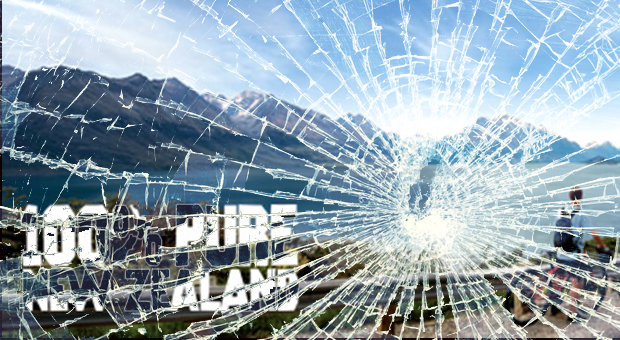Ten* After Ten: Kath Dewar on the last ten years and the next


1) Have you been surprised by what has (or has not) changed?
Ten years ago, clients commonly paid by cheque, the only social account I had was MySpace, and aiming to make business kinder on nature and people was considered fringe. Everyone pays us electronically now, and Xero updates our accounts automatically with those payments. MySpace long been supplanted by Facebook and a buzzing bundle of other social platforms. And as for green business, the annual Sustainable Business Network Awards this year were a sold-out, sparkly line up of six hundred representatives from disruptive SMEs and ambitious corporates.
While these are exciting and empowering changes, to tautoko [support] Anna Guenther in her piece for Idealog’s original “10 after 10” article [in the latest issue of the magazine], it is a big fat fail that in 2015 we still only have one woman for every seven men on the Boards of NZX listed companies. And this has seen us plummet from fifth place in the World Economic Forum’s Global Gender Gap Report in 2010, to 13th place last year, in a ranking of 142 international peers.
2) Where are we headed over the next 10 years?
The changes we will see in the next 10 years will dwarf what we have seen over the last decade. The positive commercial impact of a more varied range of voices round the board table is well documented and businesses which learn from this will out-perform those that don’t. Similarly, those businesses which understand social media and give their customers, staff and shareholders power to rave or rant about them, to thousands of people, in seconds, for free, will do better than those that think social is just a different form of advertising.
However, as climate change’s nibbles at ‘normal’ turn into more savage bites, the biggest change we’ll see is in the fortunes of businesses that adapt to be part of the solution, versus those that don’t. Businesses which fail to take up the responsibility the public thinks they have, to have a positive impact on society and the environment, will increasingly be abandoned by shareholders, customers and the most talented staff. When I spoke to 90 University of Auckland business school graduates, they told me they already see oil companies as equal pariahs to tobacco firms. And sorry Z Energy, so few of them drive you weren’t even on their radar, for all your biofuel ambitions.
3) What keeps you awake at night when you think about New Zealand’s place in the creative economy
Right now, we have a particularly keen tui singing outside our window at 4.45am! As for worries, I fear we chronically underestimate our declining international reputation as ‘clean and green’ and the impact that is having on our export and tourism brands. Twenty years ago I was lured to New Zealand in part by the clean, green image. (And this isn’t new – back in the late 1800s, overseas advertising for migrants to ‘Maoriland’ featured our unspoiled nature and social fairness.) This brand reputation underpins every conversation we have with every potential offshore investor, buyer or distributor. It is also exactly the kind of value-set the world is hungry for right now. Every negative report on our climate efforts or human rights chips away at our brand and gives people one less reason to see us as modern, creative or worthwhile. We’re a long way from anywhere and most of us aren’t rich, so it’s a national marketing disaster to trash the brand we have, when the time is right to live up to and exploit it.
*Dodgy counting alert: Initially, we actually we asked 11 people, because we were worried not everyone would want to contribute. But everyone did. But “11 after 10” didn’t sound right. And then we liked those 11 answers so much, we kept asking people. Stay tuned for more over the summer months.




